4 Hour Nap + 4 Hour Nap ≠ 8 Hours of Sleep
Simple Solutions to Overcome Sleep Deprivation
January 12, 2022
Everyone sleeps. Bears hibernate seasons long, bats snooze upside down, and dolphins nap with half of their brains being conscious at a time, and for us, we spend a third of the day in bed.
Come to think of it, a whopping 30 percent of life is, ideally, meant for us to spend sleeping. Considering it simply in terms of naps, that 30 percent is a two to three-decade-long doze-off. “What a waste of time!” Thomas Edison once thought sleep to be—both back in the days and today, the hate is mutual. Despite time passing since Edison’s era, many people, especially teens continue to question, “Other than the satiation of the body’s natural need for rest, are there then no benefits of sleep?”
The answer to that question is a definite no. What comes from the recommended 8-10 hours of sleep are a multitude of benefits: enhanced immunity, easier weight maintenance, lowered risk for serious health problems, reduced chronic stress (in the long term, alleviated depression), and better cognition. As can be seen, all the all-nighters that were pulled for cramming only diminish the ability to retain the material studied for the longer term.
But as the saying goes, like leopards can’t do anything about their spots, students resort to cramming. They often sleep less than 6 hours each day (or even pull all-nighters) to complete their assignments.
The short-term perils vary, ranging from light grumpiness to serious fatigue. However, lack of sleep may seem less severe a risk, considering that it may even serve benefits- increased hours for academics or socialization, for instance. “Then why not sleep less?” students question.
The answer to that is simple: sleeping less has a long list of health concerns that tail from a poor sleep schedule. Short becomes long and fatigue leads to congestive heart failure or diabetes- such are the chronic effects of sleep deprivation. Taking longer to manifest, they incrementally override the benefits sleep-deprived students have enjoyed. If not self-reflected and intervened at an appropriate moment, serious medical advice may be required.
On the bright side, however, sleep deprivation is certainly a self-treatable issue—the greater issue here is denial. It is now time to accept there is an issue by resolving it and finding solutions. For starters, consider how much time gets wasted by social media. Start going to sleep 15 minutes earlier each day (or each week) by watching three fewer Youtube videosㅡit’s a simple solution, with a sprinkle of willpower necessary to put it into action. Because lack of sleep isn’t just about sleeping too little, timing is also important; be in bed by 11 PM at most and try to follow your body’s circadian rhythm. If sleep deprivation symptoms range at higher extremities, a visit to the psychiatrist for oral melatonin therapy is also an always-available adequate health supplement.
It is undeniable that teenagers of the 21st century are going through one of the most difficult times of their lives: school, work for some, personal matters all topped off by a pandemic is a real challenge. By increasing work efficiency backed with sufficient, regular sleep, students, however, can learn better and garner better and more important health lessons for generations to come. Just go to sleep fifteen minutes earlier each day- it keeps the doctor away.


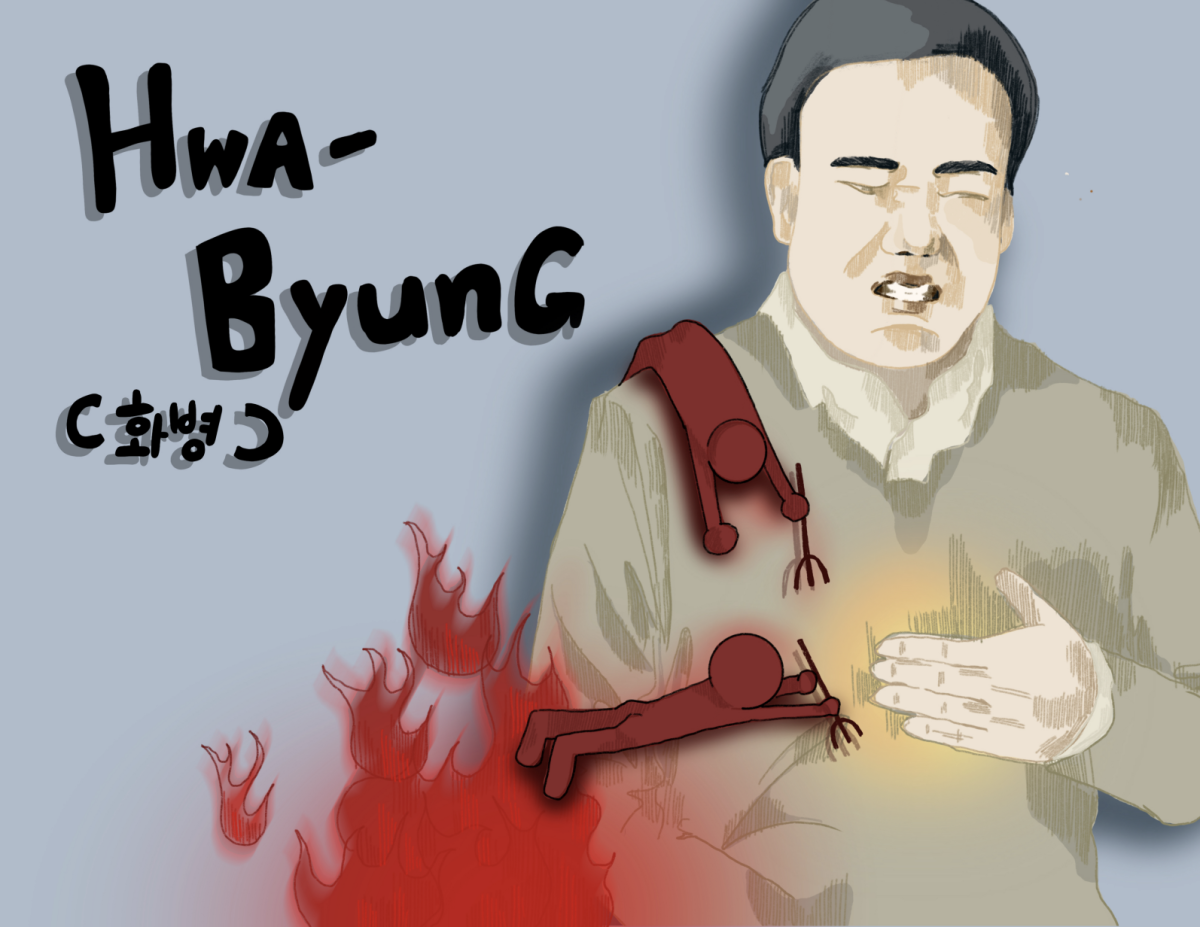
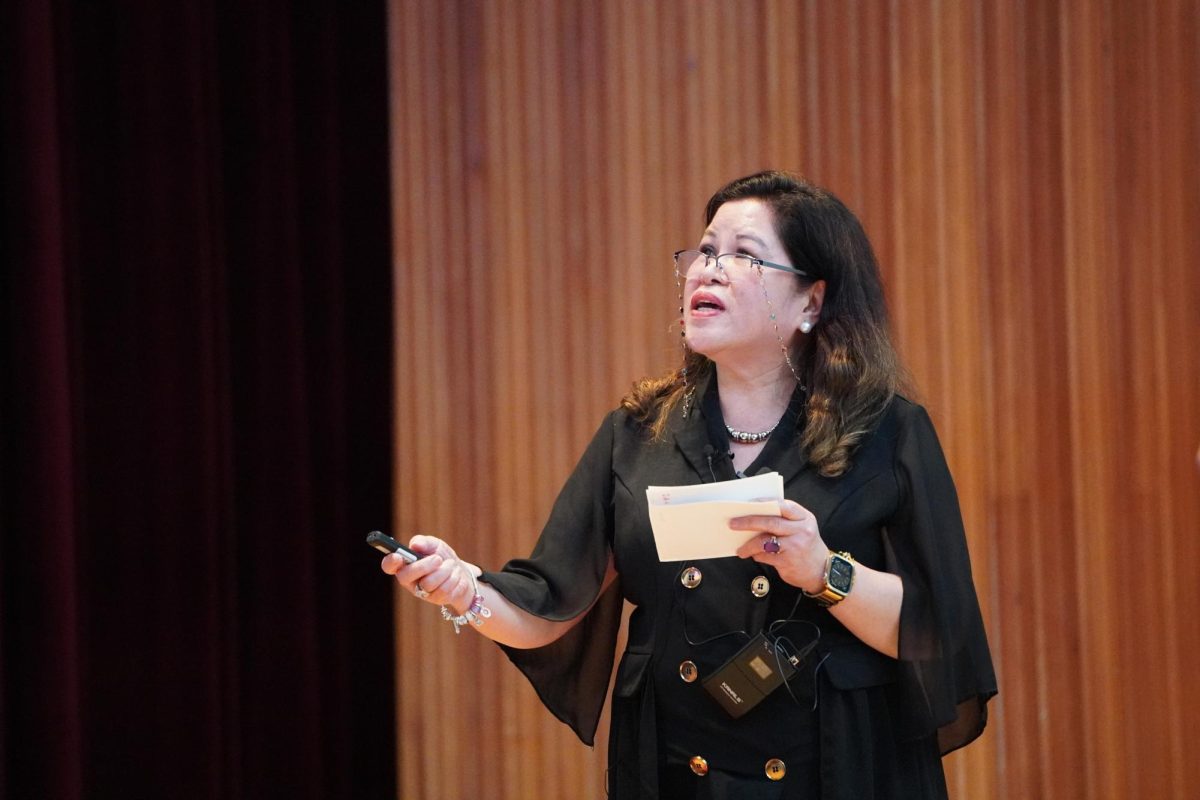
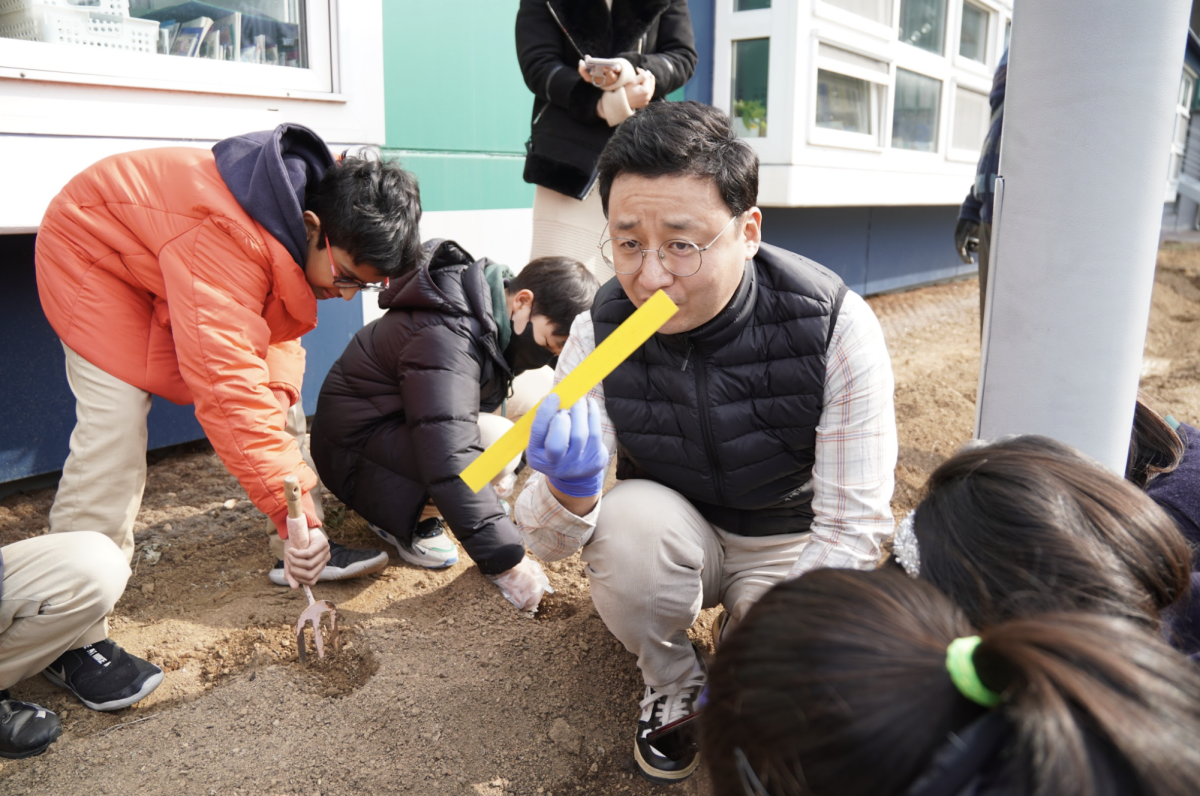
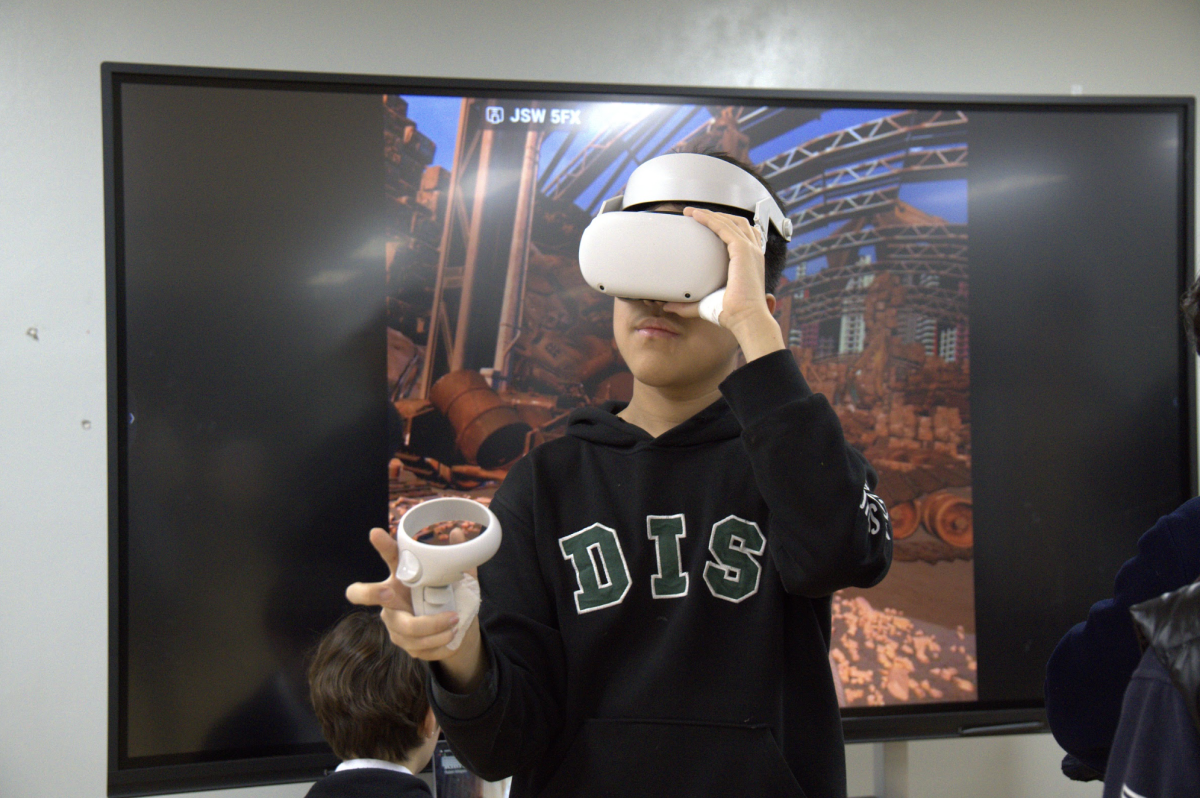
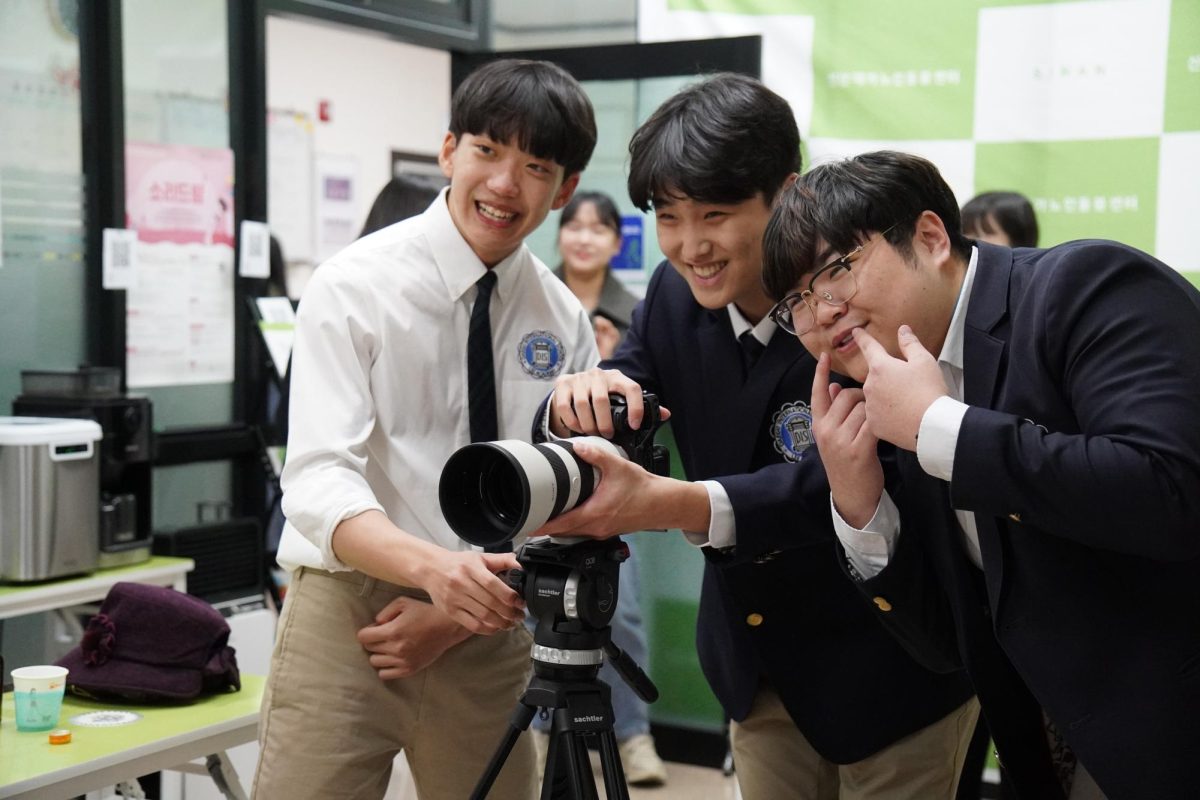
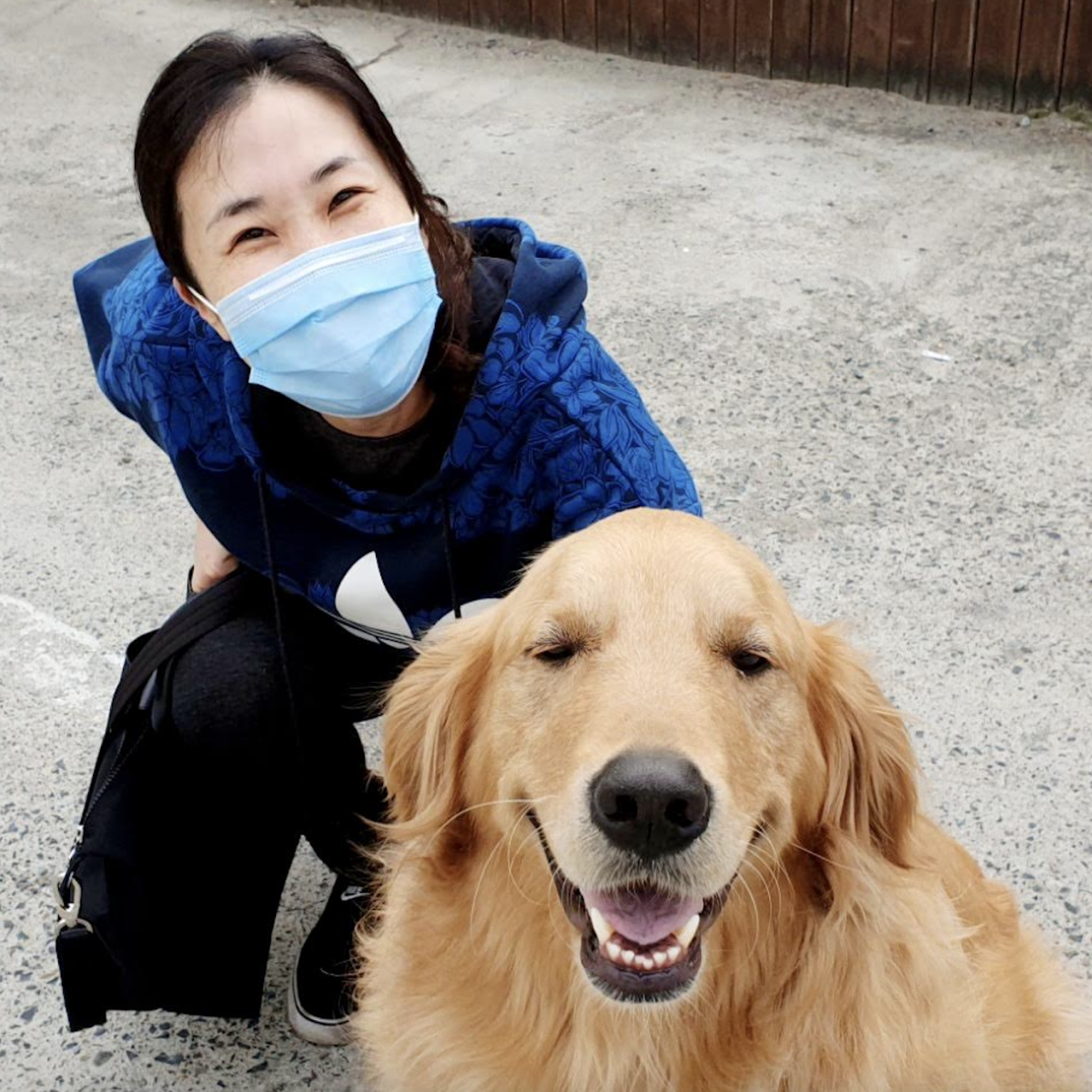
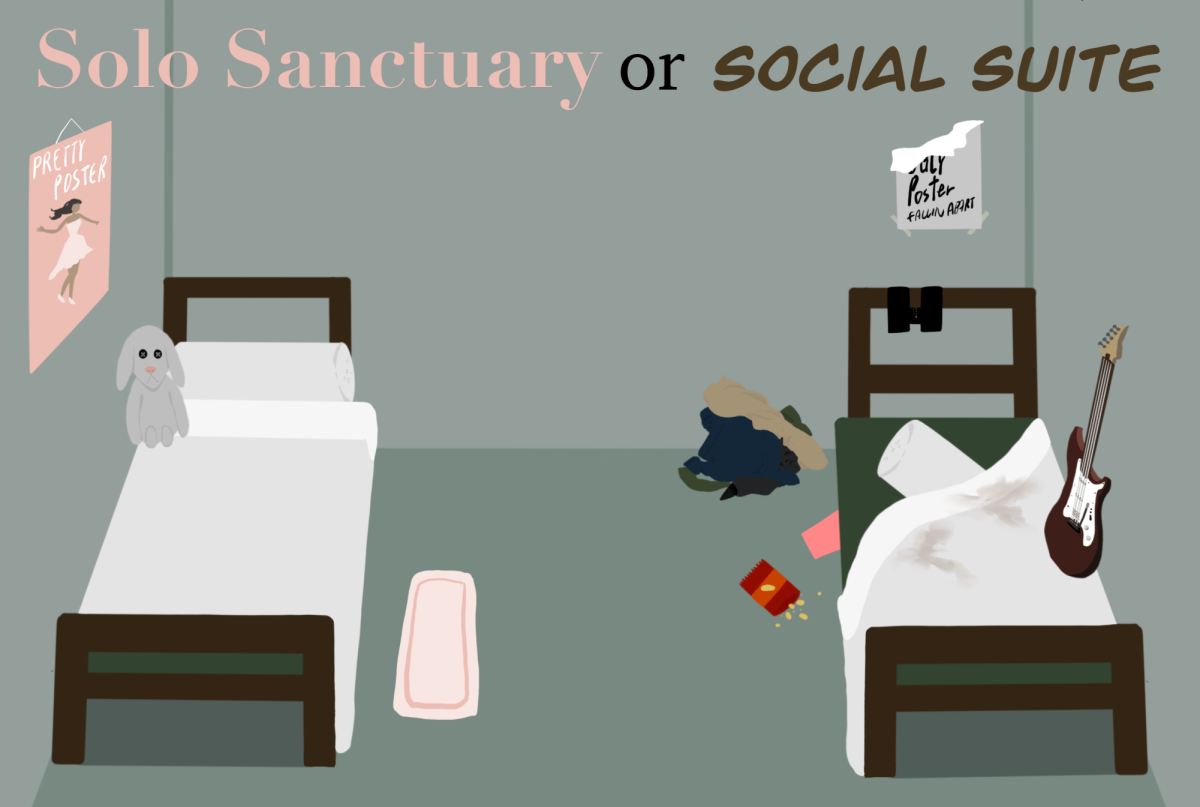

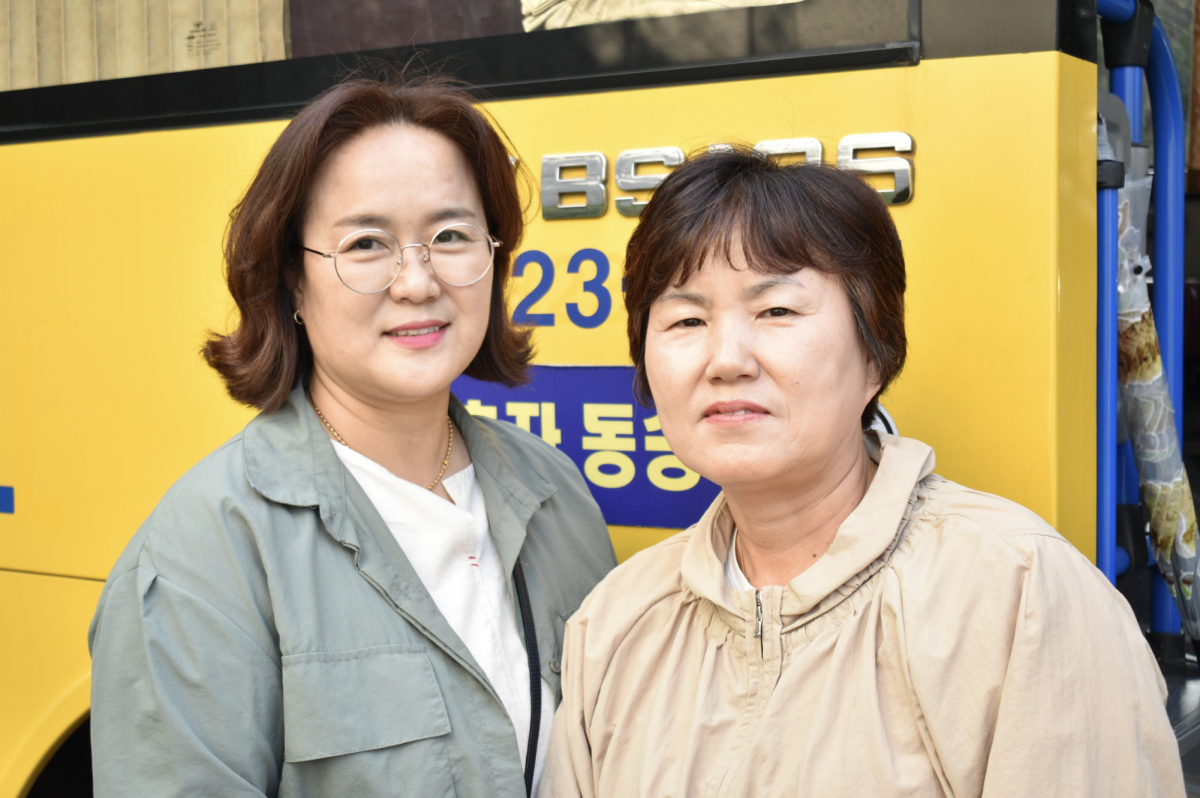

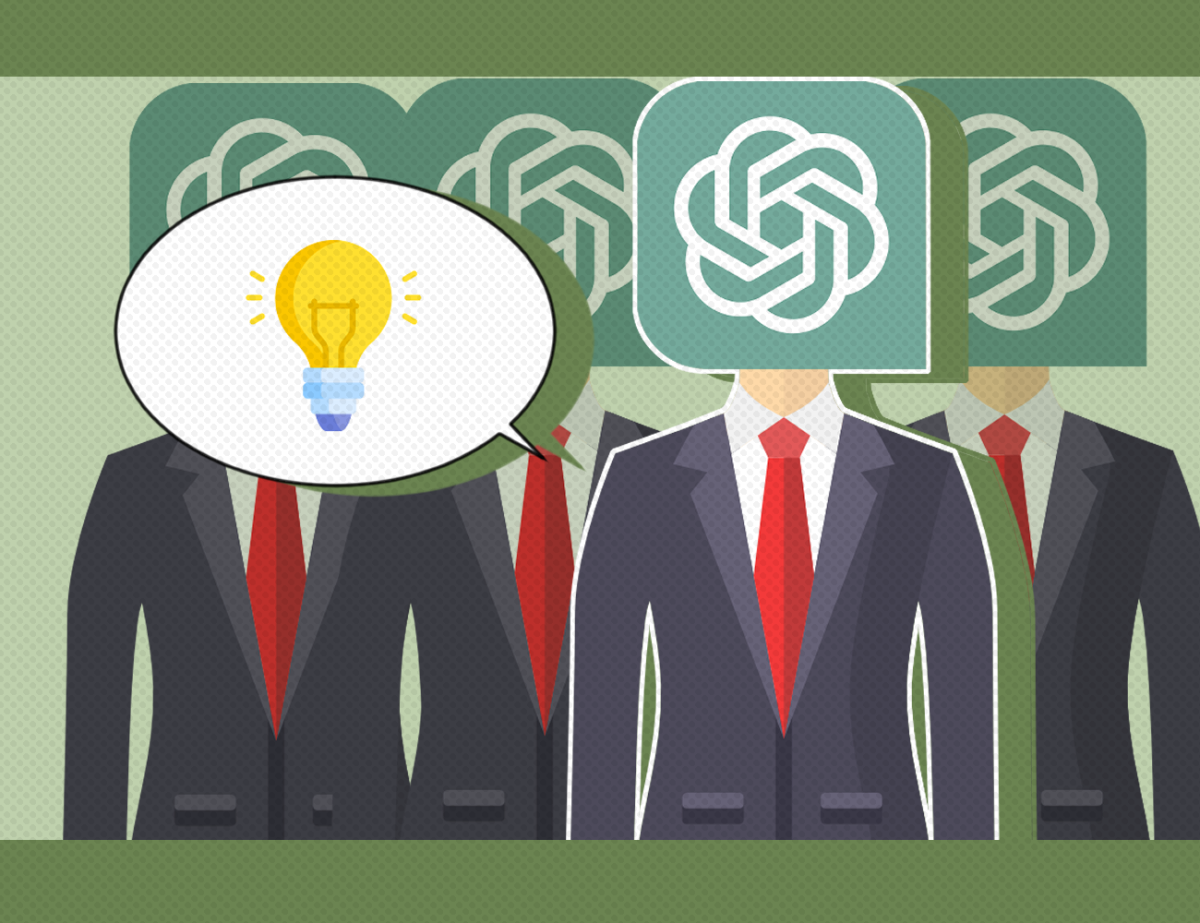


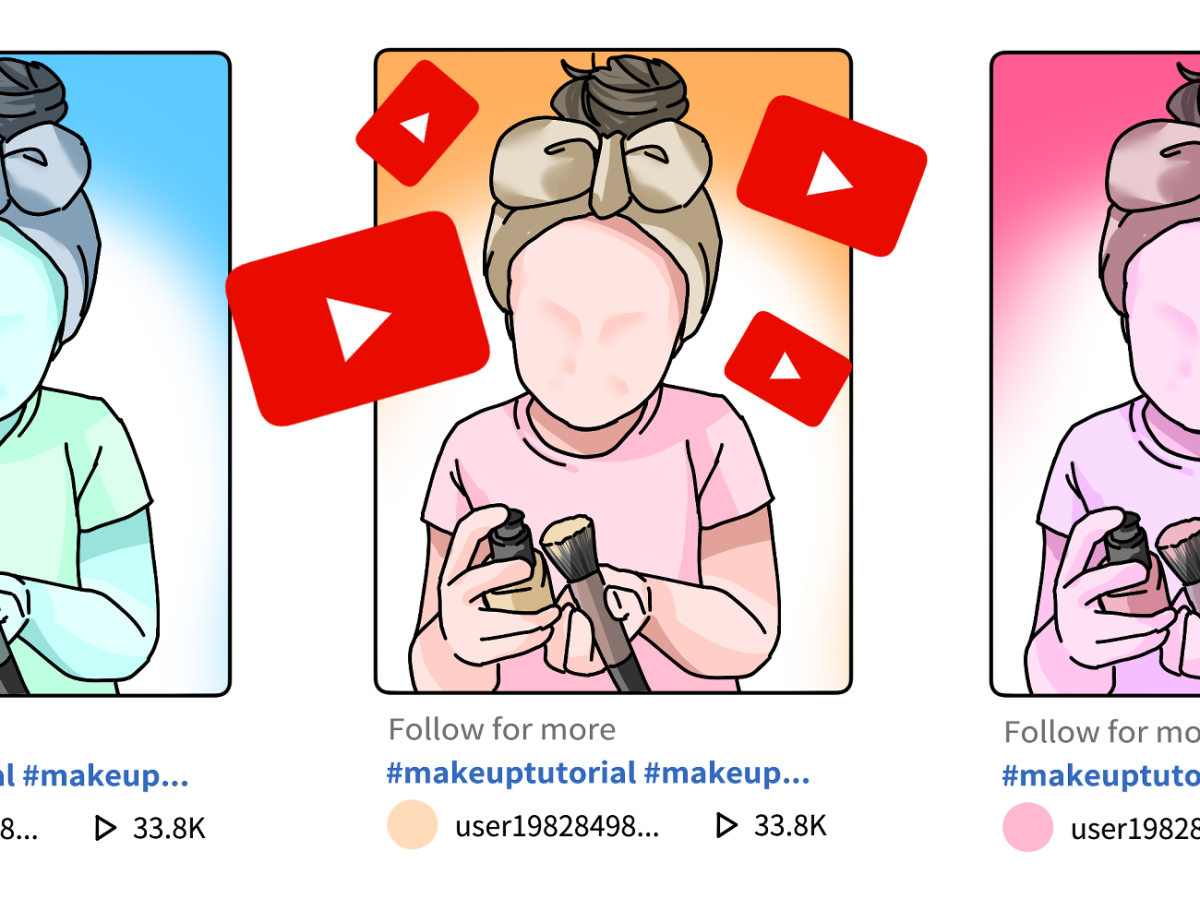
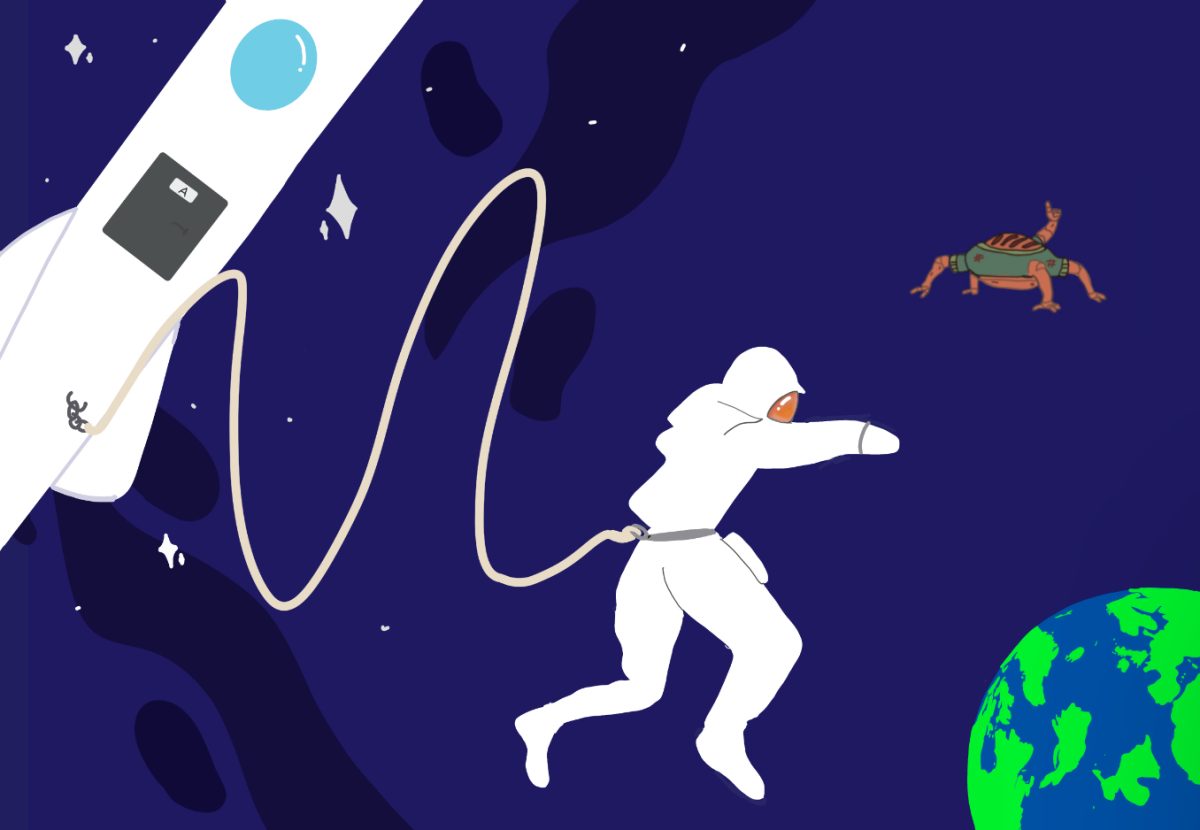

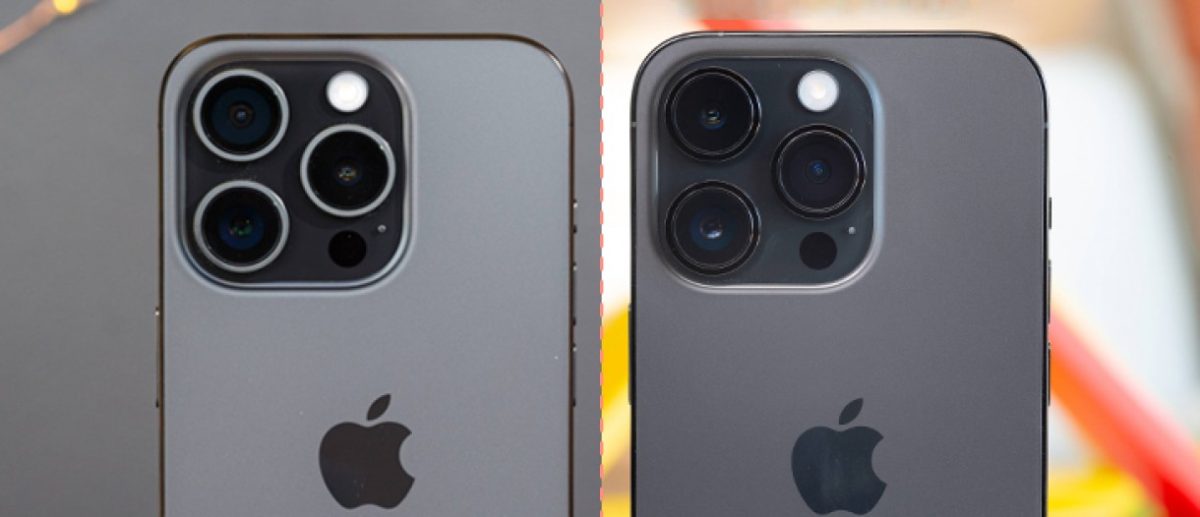
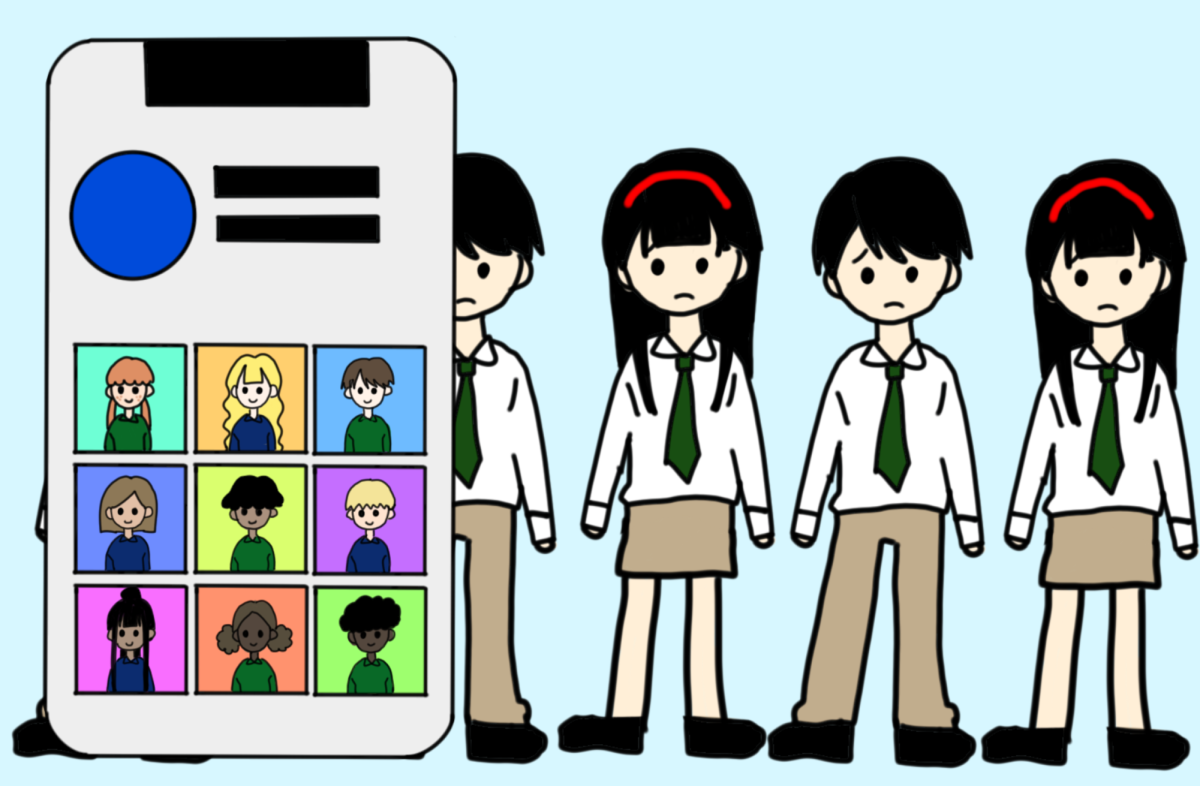
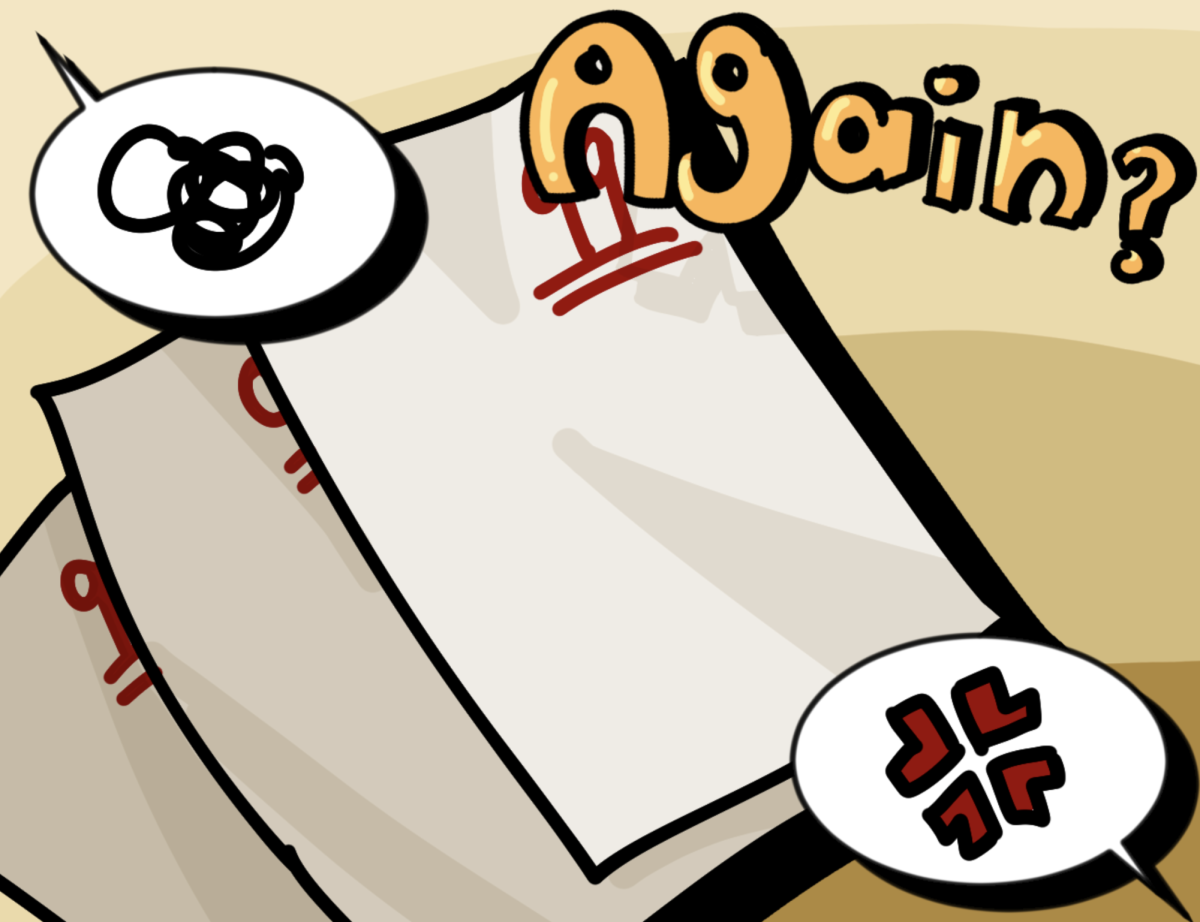
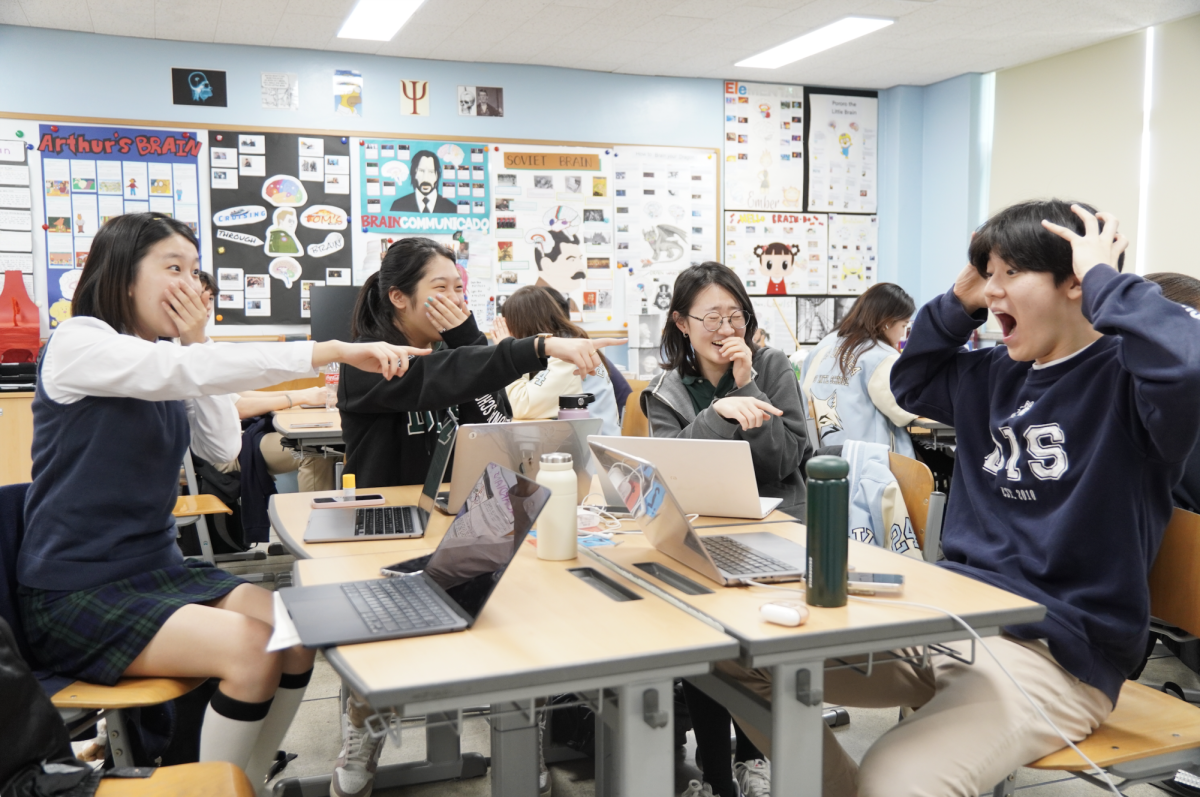

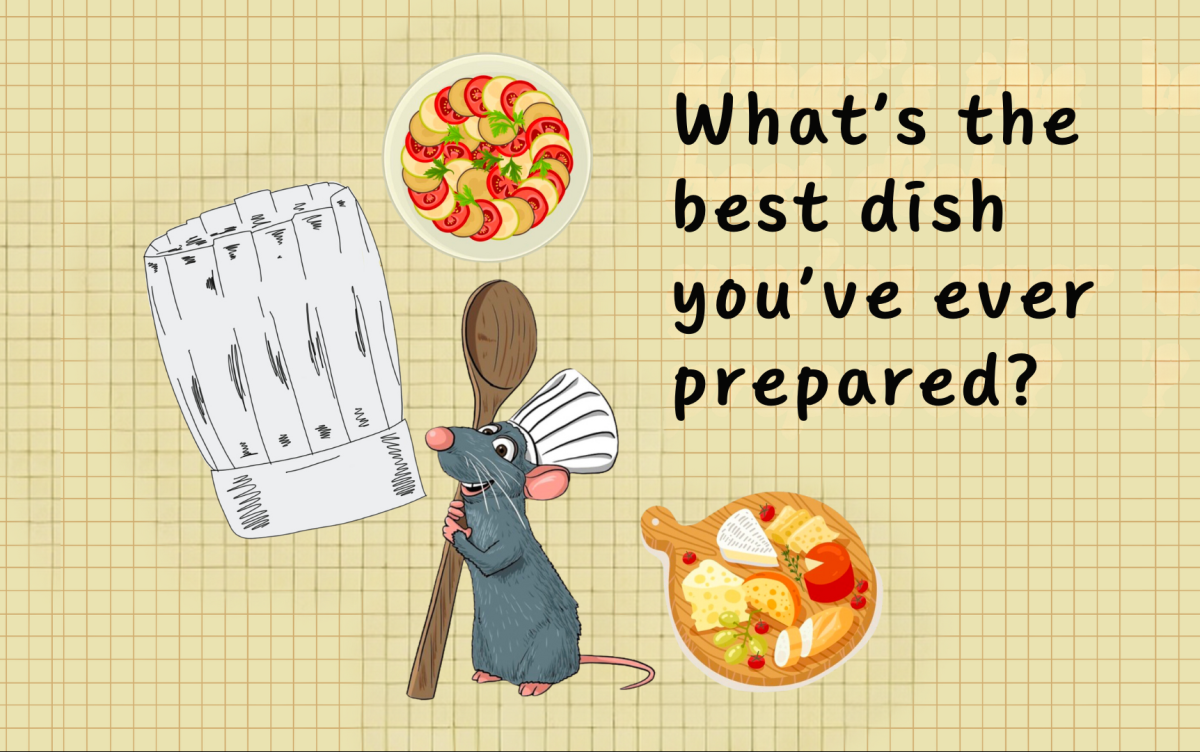
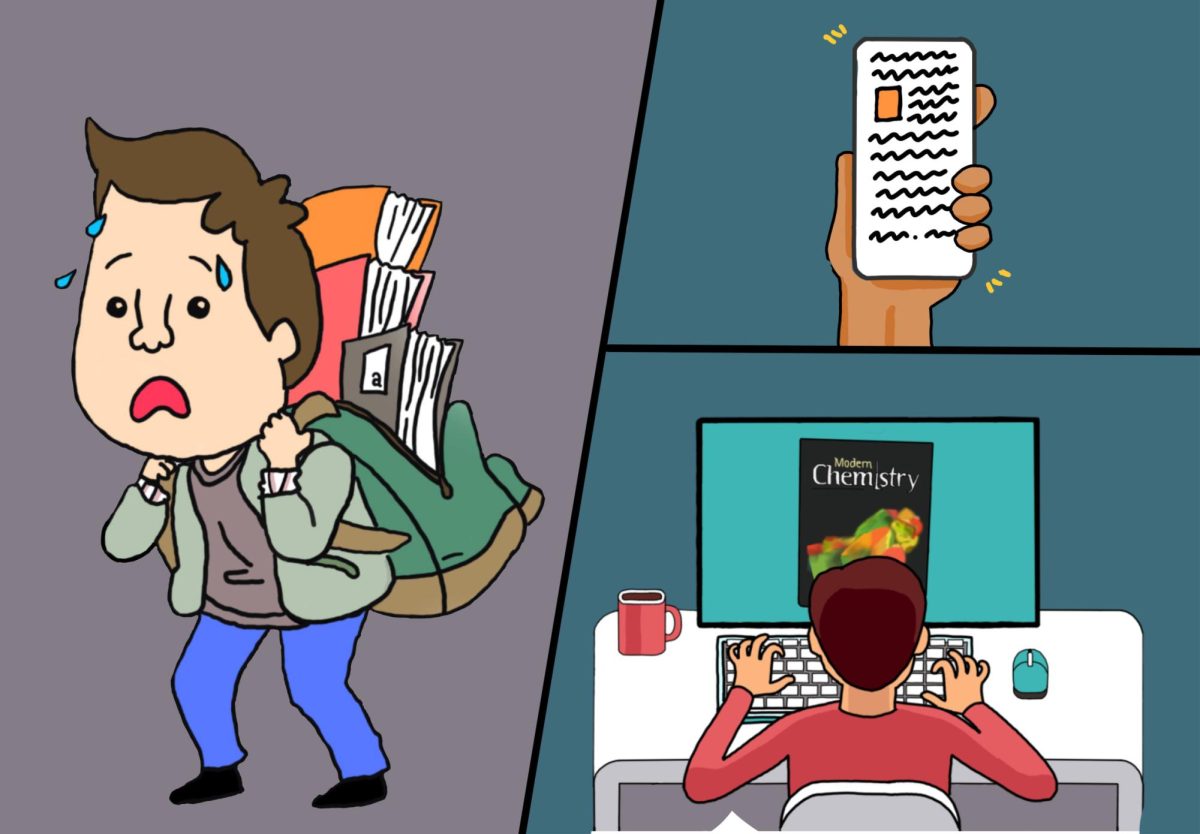
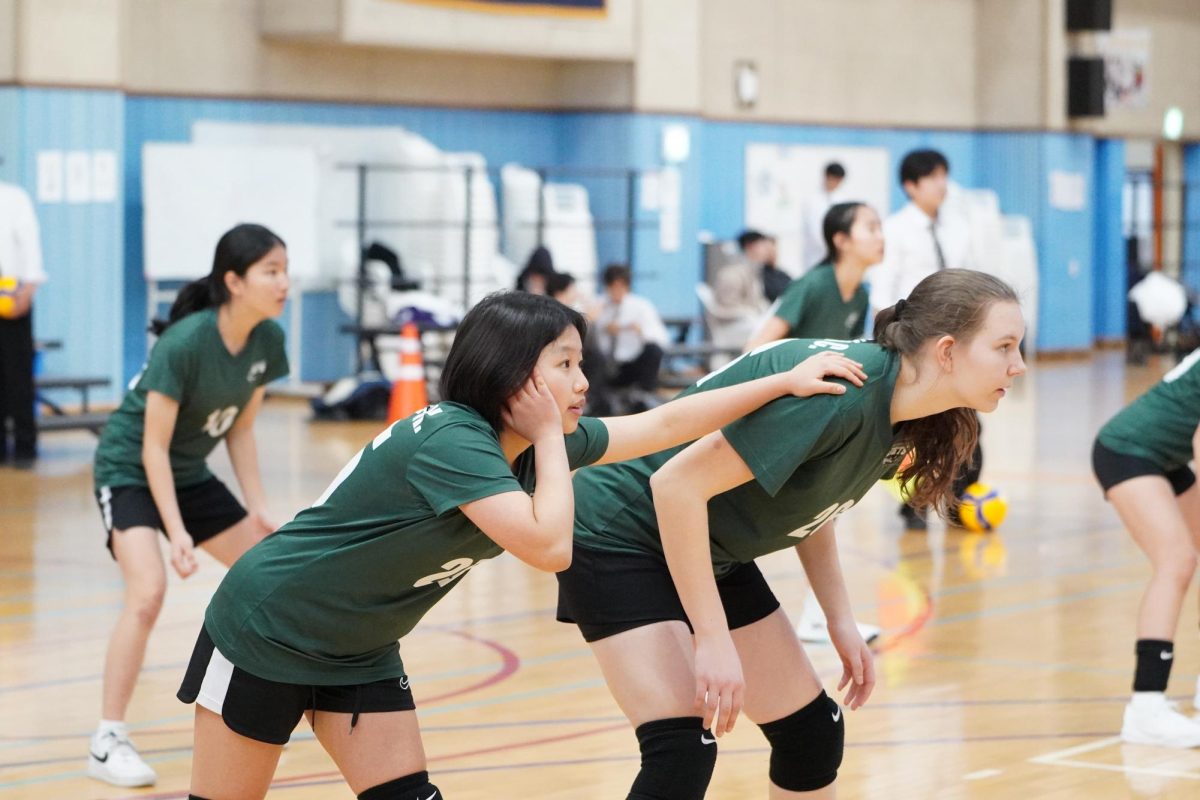

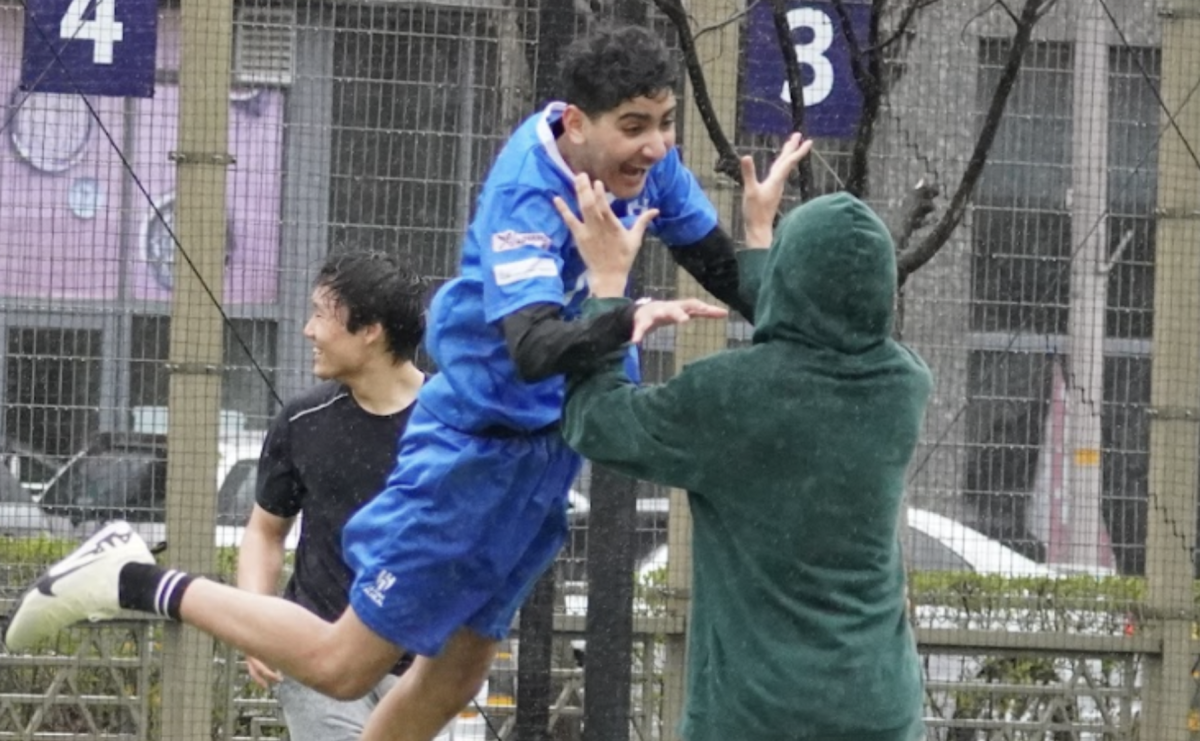


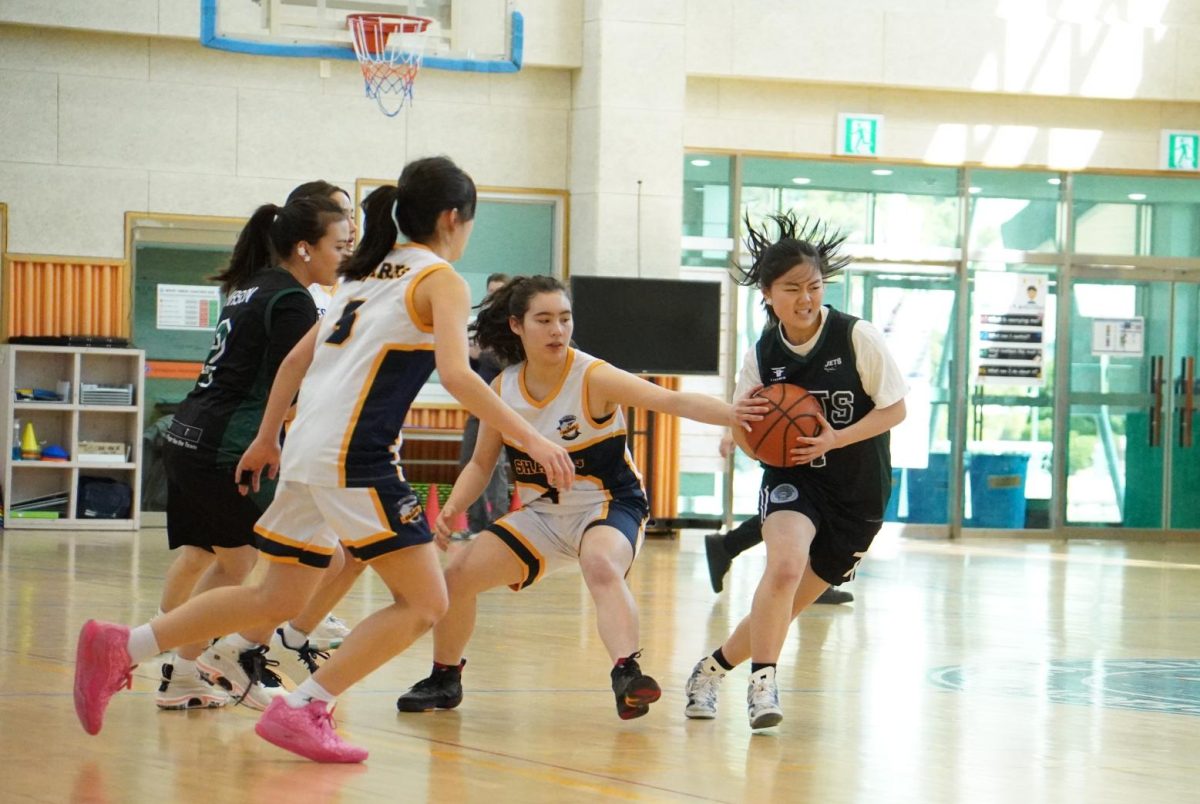
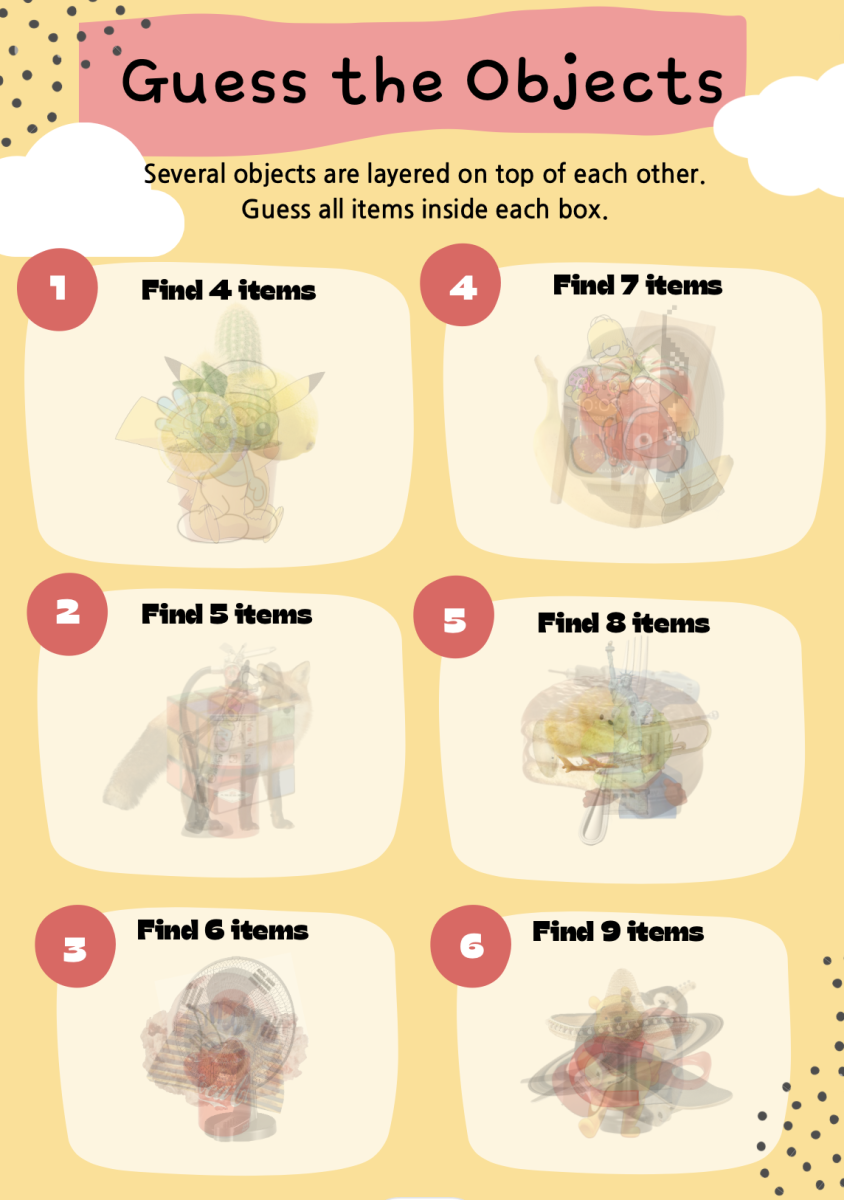


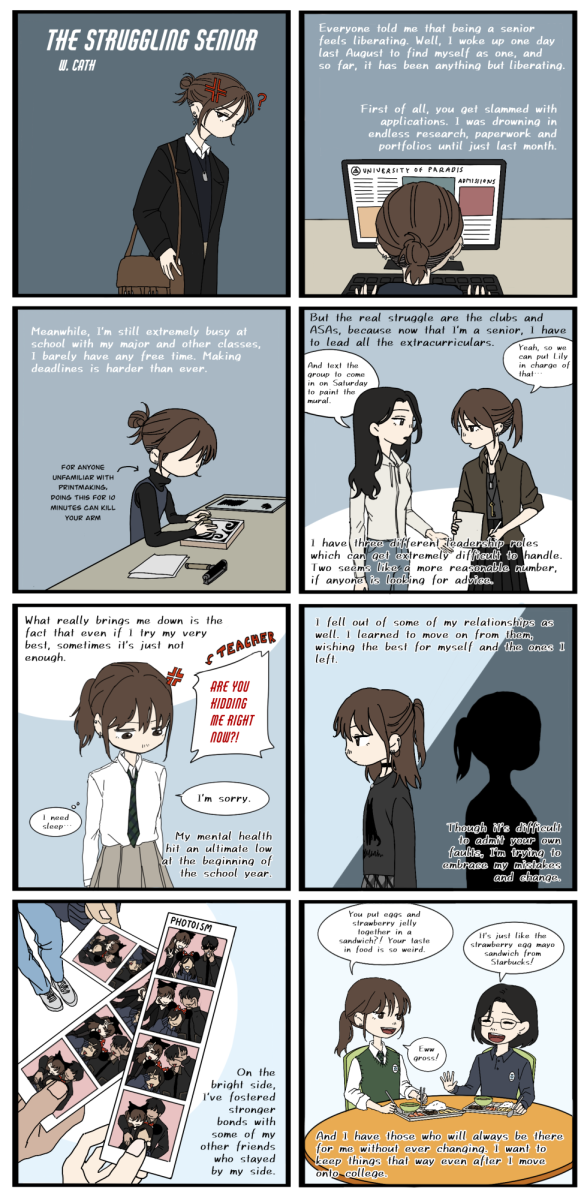

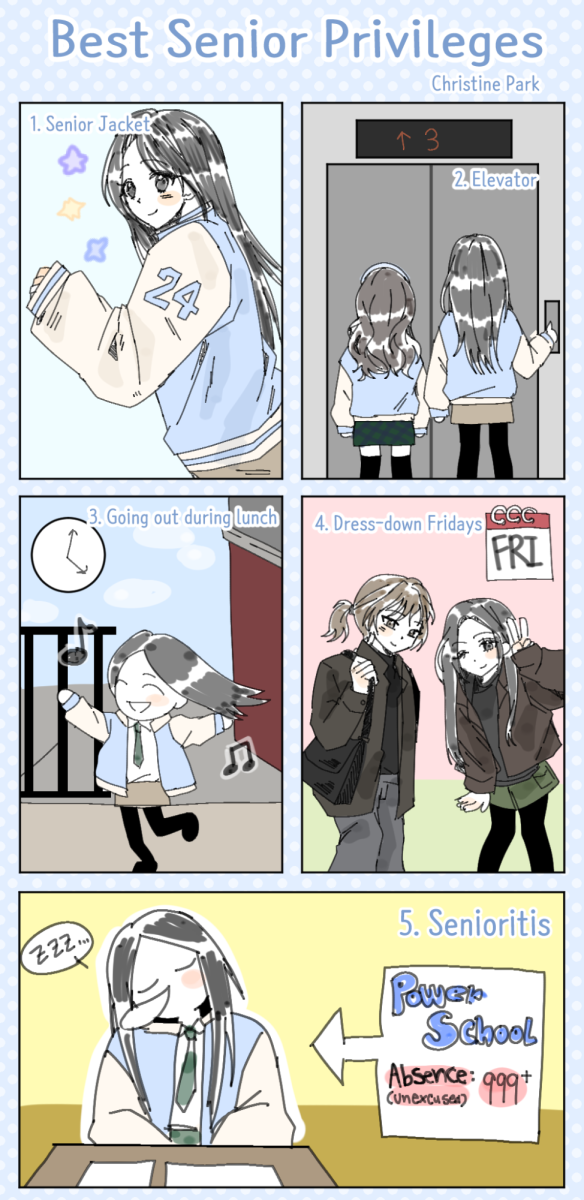
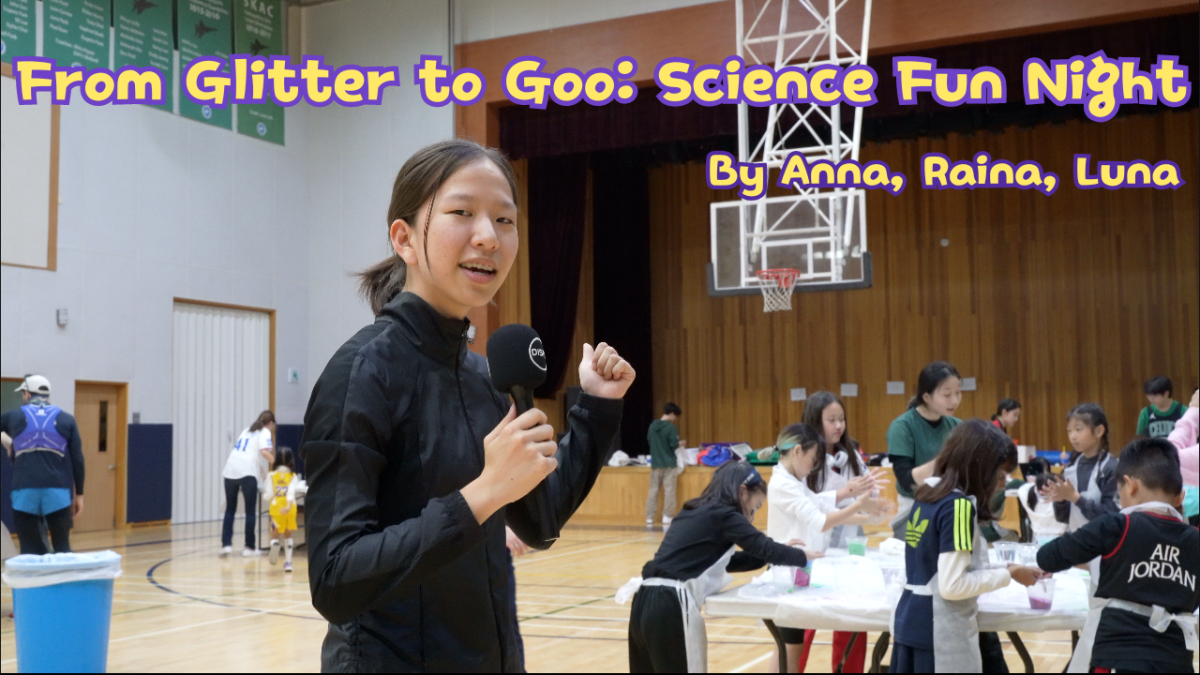


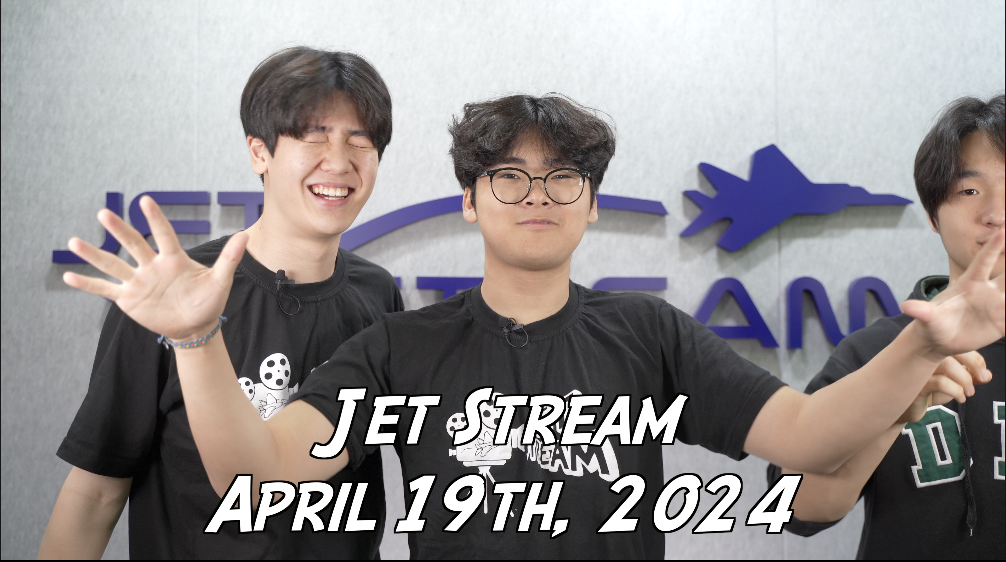

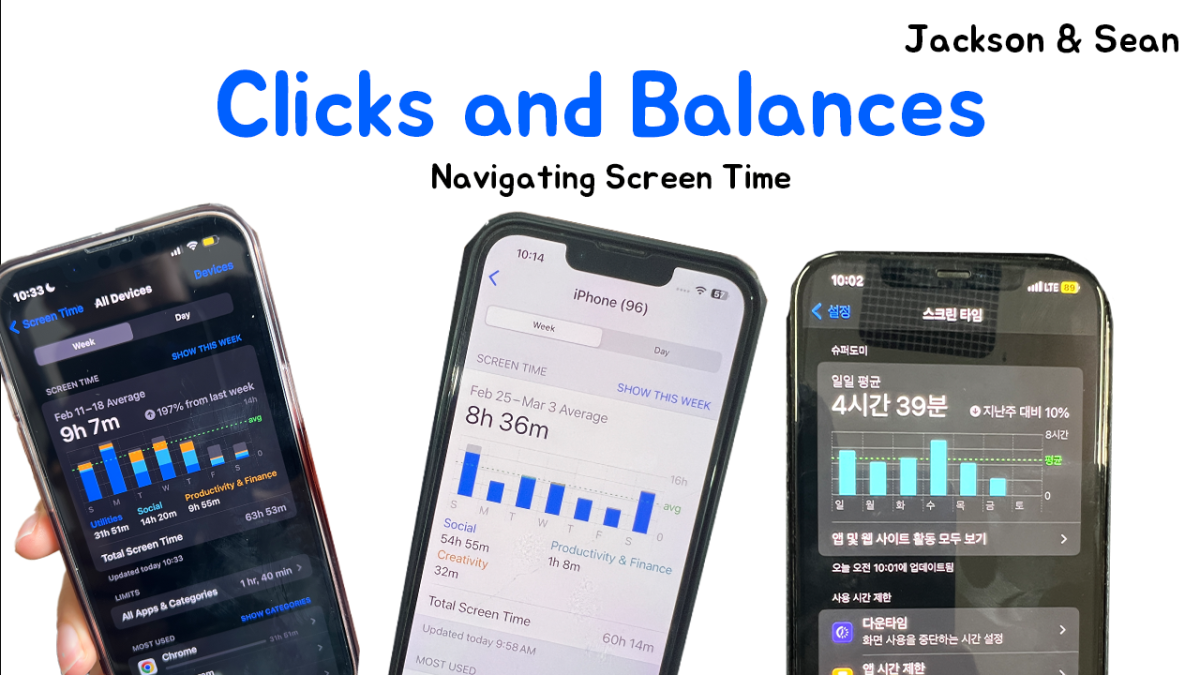
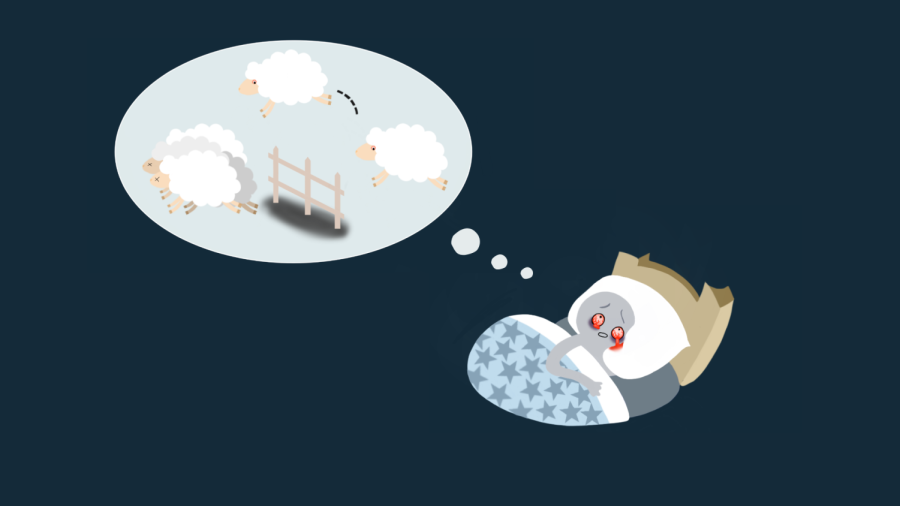


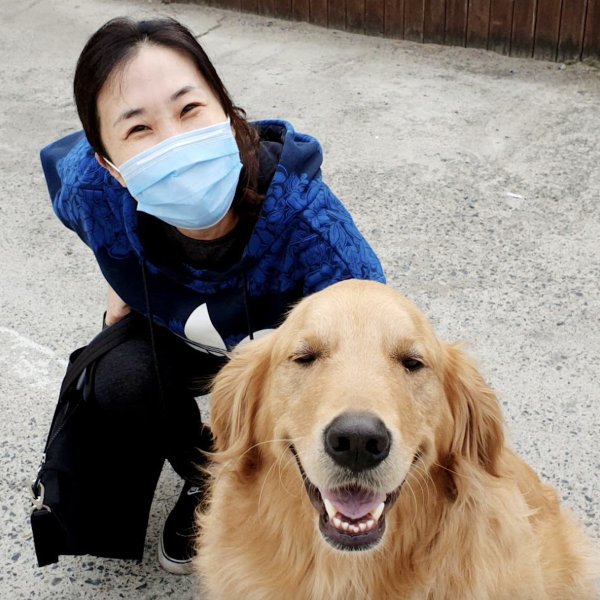
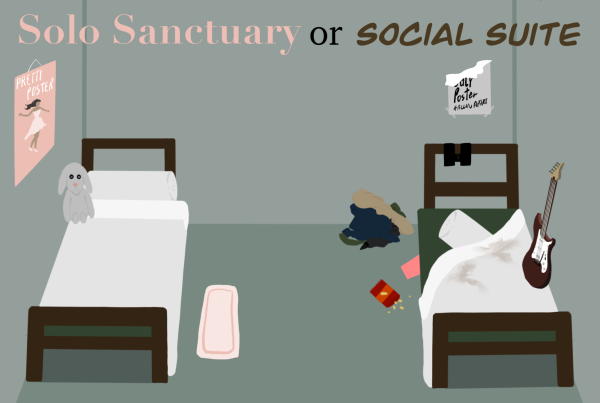

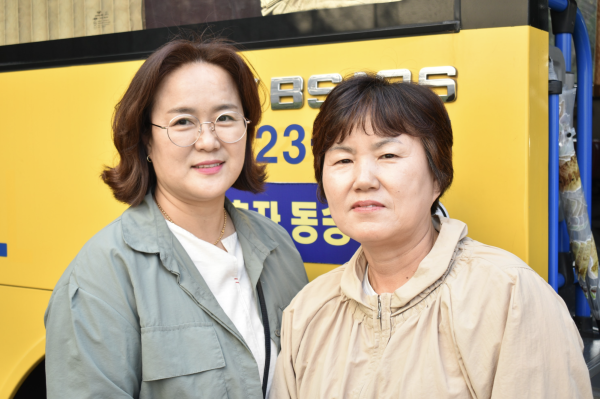

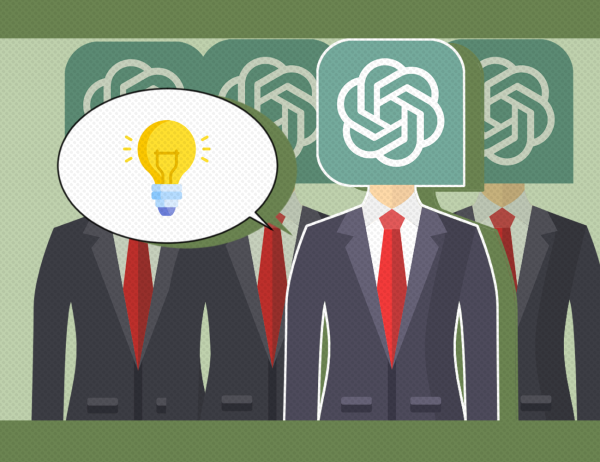

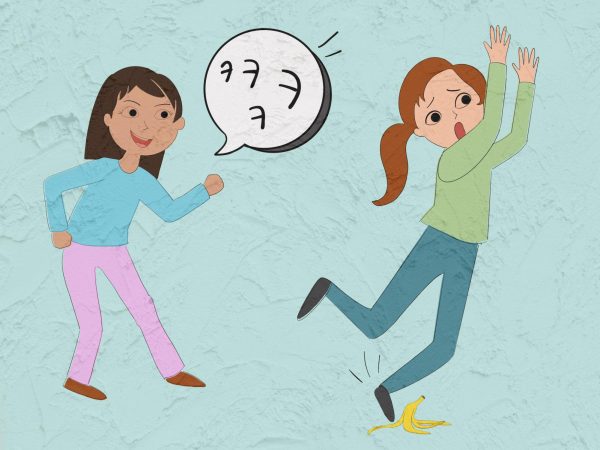

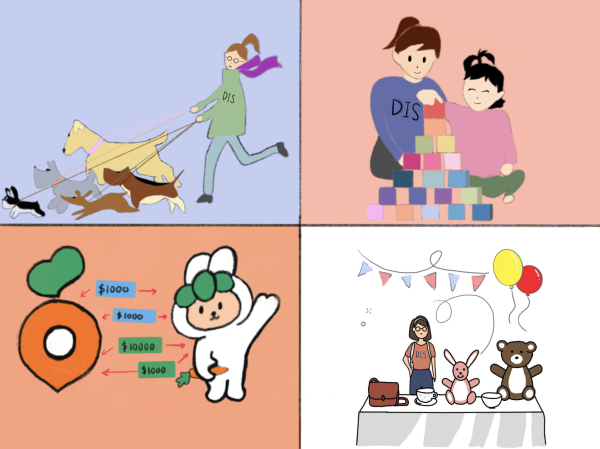




Thomas • Jan 20, 2022 at 6:32 pm
It was beneficial to students who sleeps not much. Thank you!
Maddox • Jan 13, 2022 at 6:30 pm
Thank you for this information. I really liked that you added bears in your article.